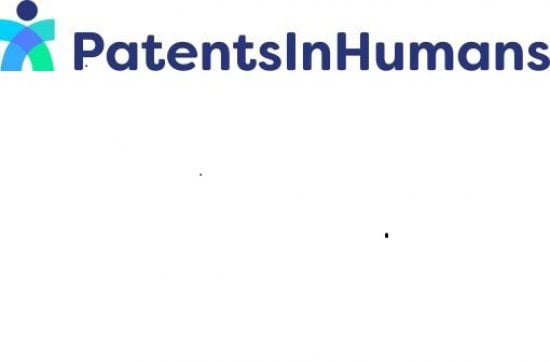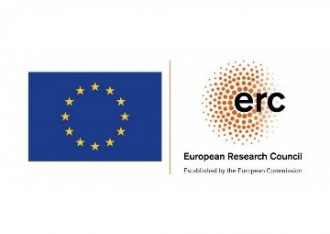
The PatentsInHumans team are delighted to publish the Report of the First International PatentsInHumans Workshop.
The workshop which was held on the 29th and 30th of April 2024 was organised as part of the European Research Council funded PatentsInHumans project. The workshop took place at Renehan Hall, Maynooth University.
Over the course of two days, the workshop brought together twenty-two leading national and international speakers drawn from a range of academic disciplines including law, business, health, social sciences, and practitioner fields, including experts working in legal, ethics, technology-transfer and healthcare.
The speakers and workshop discussions focused on examining the potential bioethical issues posed by patent grant and use (including licensing and enforcement) of patents over a range of technologies related to the human body, including vaccines, medicines, medical devices etc. It also considered the range of avenues that could be used to engage with these bioethical issues both inside and outside patent law in Europe, and the potential opportunities and challenges for how we engage with such bioethical issues in Europe. Such issues are central to the scholarly focus of the PatentsInHumans project, and the findings of the project in such contexts, have the potential for important societal impacts, including around delivering effective contemporary health innovation and health delivery systems. The event was attended by approximately forty people.
The report which was authored by Professor Aisling McMahon and Sinéad Masterson provides a brief overview of papers presented, and of some of the key aspects of discussions during the workshop.
The report is available to download here. Workshop Report

